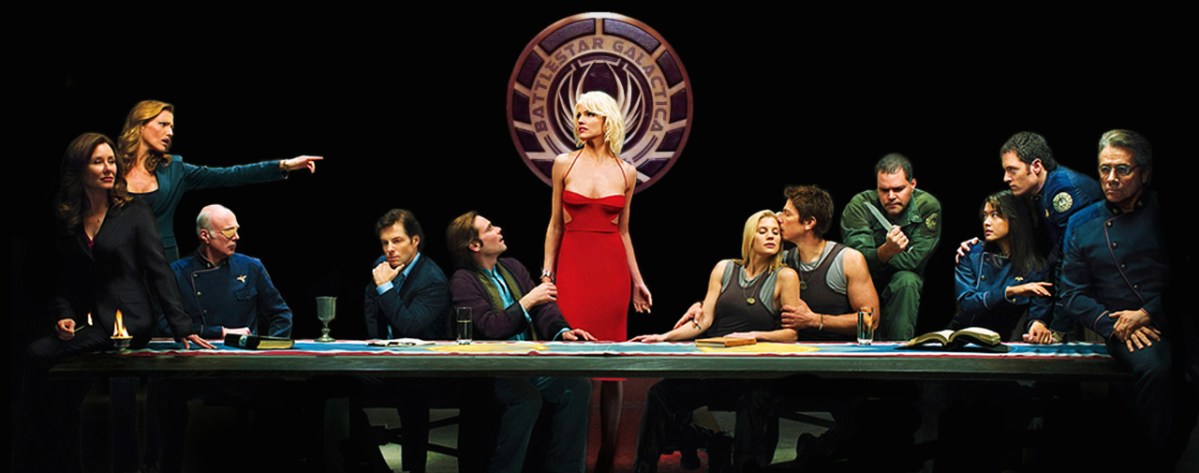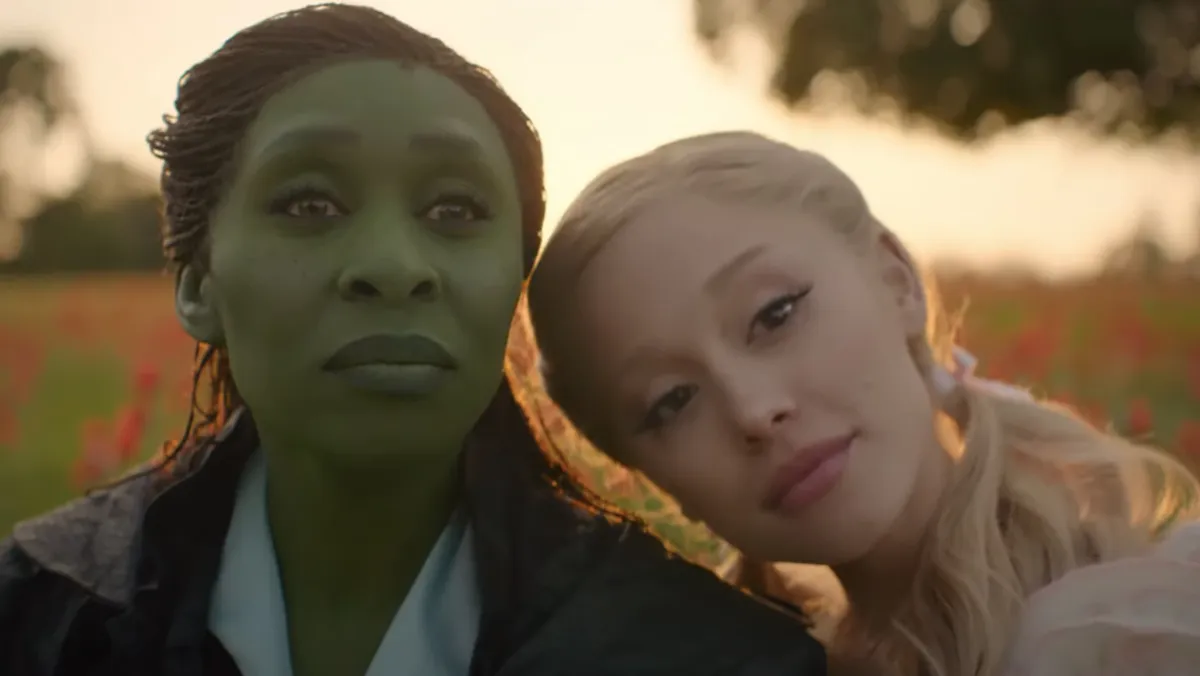A friend told me a story the other day. He was discussing reboots with his wife, explaining how he doesn’t like them on principle. Until his wife had the gall to point out: “Wait, honey… you love Battlestar Galactica.”
It’s a common thing: Say the word “reboot” and you’ll get a slew of negative reactions, including groans, impassioned lectures on how Hollywood doesn’t make good movies anymore or can’t come up with new ideas, and outright refusals to even consider seeing a movie which happens to be a reboot. Well get comfy, people, because I’m about to explain to you why your kneejerk reactions against reboots and remakes is all wrong.
Put simply, the reason is this: There’s nothing about a reboot being a reboot that means it’s going to suck. Disney could reboot Howard the Duck, and we still shouldn’t dismiss it right out of the gate, because there’s more to a movie—like the director, the script, the actors—than the fact that it’s based on something else. As director James Gunn laid out his defense of remakes, posted on Facebook earlier this year, they’ve always existed. The Thing, The Fly, Casino Royale, The Maltese Falcon, The Departed, The Wizard of Oz—all remakes, says Gunn, which are “as good as or better than the original.”
“Remakes are not ‘Hollywood running out of ideas,'” he continues. “They’ve been around in film since the silent era, and on stage long before that. Also, Hollywood isn’t pushing remakes on audiences – audiences go see them, so the studios keep them coming. So if you want to stop seeing films remade, stop watching them.” *cough*TMNT*cough*
A common stone thrown at remakes is that they’re not “needed,” that “no one asked for [insert movie here].” But that doesn’t really mean anything. No remake—hell, no movie—is ever really “needed,” as independent film scholar Dave Andrews, author of Theorizing Art Cinemas: Foreign, Cult, Avant-Garde, and Beyond (University of Texas Press, 2013), explains: “This complaint about remakes and reboots shows a basic misperception of the movie industry, where movies are rarely if ever remade due to the aesthetic qualities of the original. Movies are typically remade due to a financial calculus first and the popularity or ‘fine-ness’ of the original second.”
And sure, that “financial calculus” leads to some bad remakes and reboots. Hollywood has a tendency to prop themselves up with them. It’s easy to market a re-do of Robocop, because everybody basically knows who Robocop is. He has brand recognition. With something like Pacific Rim, the studios have a tougher time getting across what it is—”There are giant robots, like in Transformers! But wait, we also want to draw in the geek crowd, and a lot of them don’t like Bayformers. ‘By the award-winning director of Pan’s Labyrinth‘? Shit, that sounds too art house-y…” It’s a numbers game—hundreds of millions are being sunk into these Hollywood tentpoles, so studios want to secure a good baseline of people who will see them no matter what. The reviews for this summer’s Teenage Mutant Ninja Turtles were mostly atrocious (including ours), but it dominated the box office in the two weekends it’s been out, because a lot of people are going to see a Teenage Mutant Ninja Turtles movie just because it’s a Teenage Mutant Ninja Turtles movie.
Ideally, if you’re rebooting a film you should have a creative reason to do it—“Hey, wouldn’t it be cool to see how the apes came to rule the planet?” instead of “What the hell, let’s do Spider-Man’s origin story again.” But that’s true of every movie ever, not just reboots, which are really just a scapegoat. There are ample creative disasters among original movies—Jack and Jill, Bucky Larson: Born to Be a Star, After Earth—just like there are reboots that are genuinely good.
I admit to being guilty of bias myself. Hop in a time machine and ask past Rebecca whether she thought Rise of the Planet of the Apes and 21 Jump Street would be two of her favorite movies from their respective years, and she’d have laughed in your face. But that’s what people’s knee-jerk reactions are: bias. “The interesting thing about the hatred of remakes/reboots is how irrational it is,” explains Andrews:
“Fans of classic movies, no matter how low-budget, often act as if a remake will hurt the original movie in some way. Clearly, a remake does nothing to the actual movie, to the object… After all, if a remake is bad or unpopular, the critique or rejection of the remake will lead to a new appreciation of the original. This can also happen if the remake is good—and if a remake is excellent, isn’t this simply a good thing?”
That’s what it all comes down to, really. If a movie is good, who cares if it’s a remake? Dredd, The Italian Job, Star Trek, Batman Begins: All remakes or reboots (or “rebootquels,” in the case of Star Trek. Let’s not split hairs—you know what I mean). All good films*. Or, as Gunn puts it, “For me, all I care is that the movie works well, that it has heart, good characters, and a story that pulls me in, remake or not.”
So say we all.
*Your mileage may vary on what I classify as a “good film”—I know Star Trek, in particular, has its detractors. But you see my wider point.
Are you following The Mary Sue on Twitter, Facebook, Tumblr, Pinterest, & Google +?









Published: Aug 21, 2014 02:06 pm